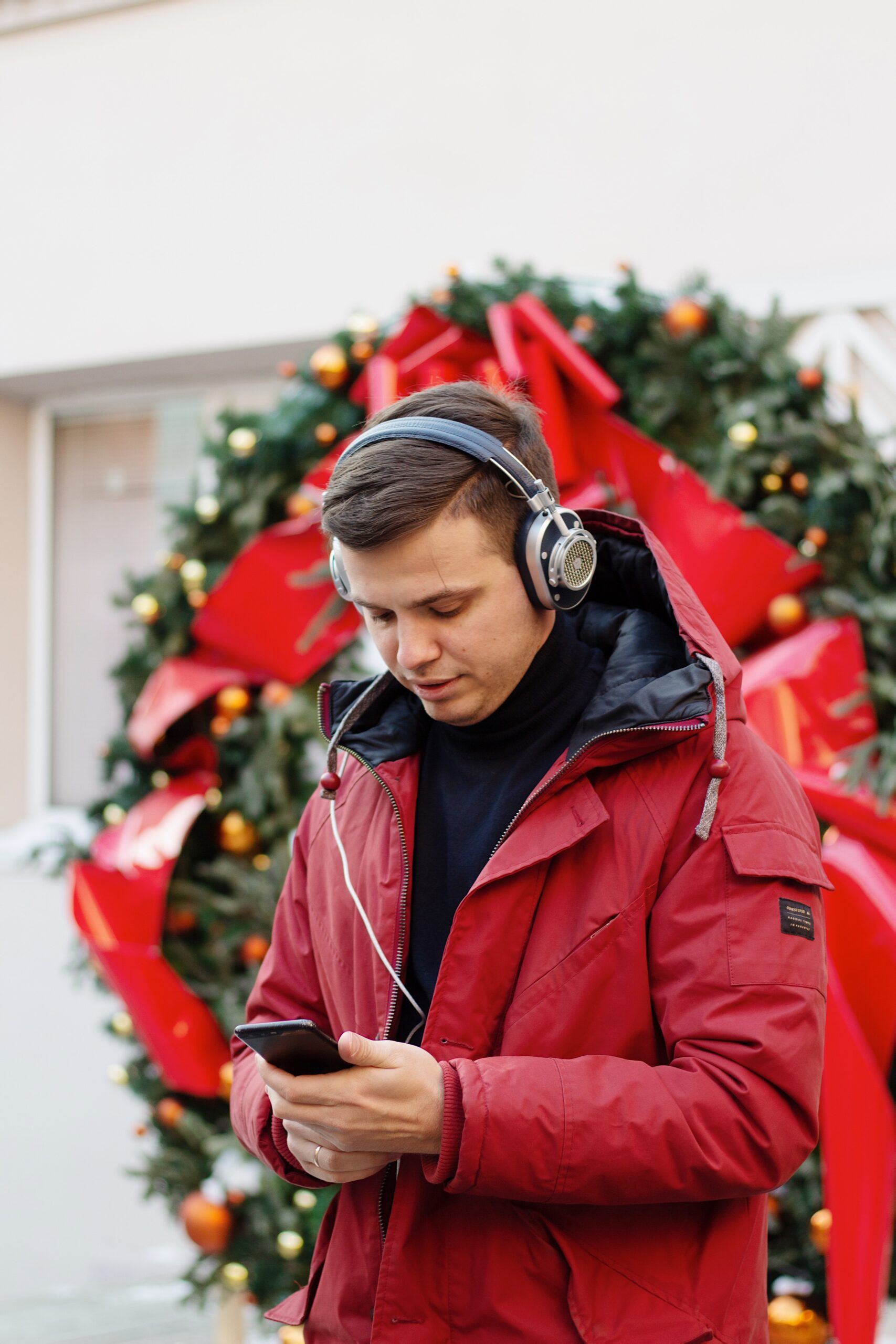Trigger warning: This post contains themes of sexual assault.
As a feminist and progressive, I regularly find myself hearing things from years past and cringing. I recently watched the 17-year old movie Love Actually for the first time, and was telling some of the characters on my screen, “I don’t think you can say that anymore,” as they made fat jokes. I even found myself reacting differently to the beloved Mean Girls of my adolescence as an adult.
Each year around this time, holiday music provides us with an opportunity to slip even deeper into the past for a brief visit. Many of the classics we’ve been listening to for the past five weeks originated during the 1940s and ’50s, or even the 1800s.
We smile at images of sleigh rides through the snow and chestnuts popping over the fire.
We hear about children who ask for gifts traditional to their genders:
A pair of Hopalong boots and a pistol that shoots
Is the wish of Barney and Ben
Dolls that’ll talk and will go for a walk
Is the hope of Janice and Jen
It’s Beginning to Look a Lot Like Christmas (1951)
First comes the stocking of little Nell
Oh dear Santa, fill it well
Give her a dolly that laughs and cries
One that can open and shut its eyes…
Look in the stocking of little Bill
Oh just to see what a glorious fill
Here is a hammer and lots of tacks
A whistle and a ball and a whip that cracks
Up on the Housetop (1864)
And then, of course, there’s the recently controversial “Baby, It’s Cold Outside” (1944), in which a young woman struggles to balance the competing demands of pleasing a man, doing what would be considered acceptable, and doing what she personally wants (which is hard to definitively decipher).
Many 21st century duos have recorded this song with the original words, including the version on one of my favorite albums, Brett Eldredge’s Glow (2016). Some of the lyrics like “my maiden aunt’s mind is vicious” and “my brother will be there at the door” sound almost silly coming out of the mouth of millennial Meghan Trainor.
In 2018, pair Kelly Clarkson and John Legend released an updated version of the song, telling the story how it should go in the modern era, and I’m amazed I went two years without hearing it (until now)!
Rather than handing the female character drinks of which she doesn’t know the contents (“say, what’s in this drink?”) and trying to persuade her to stay, the male character says of her indecision about having another, “it’s your body and your choice,” and calls her an Uber home. In response to her concerns about her judgmental family members, he even jokes, “what do you still live at home for?”
The man still compliments the woman, saying “your eyes are like starlight” and “gosh your lips look delicious,” but he respects her decisions all the way through, even saying “I want you to stay, it’s not up to me.” We find out at the end of the song that she makes the decision to stay, giving a nice “screw you” to what anyone else might think.
When we listen to the classics and the modern remakes, we can see how much has changed and how much has stayed the same, not just in the songs, but in the world we live in. In the simple fact that I can recognize the gender roles in toys and the expectations of a single young woman as “old-fashioned,” I know we have made some progress. But I’d be naive to say we don’t still treat little boys and girls differently or that we don’t continue to perpetuate sexism and rape culture in our music.
There are still new songs coming out that sound a lot like the original “Baby, It’s Cold Outside.” Check out some lyrics from “She Lovin’ It” (2017):
She said that she don’t wanna be loved
I said, ‘why the hell are you here?’
She said tonight she don’t wanna be touched
And if that’s the truth, why you so near?…
She lovin’ it
I know that she say that she don’t, but she do
Trey Songz
It’s hard to tell whether there’s some playful sexual tension being created by the woman Trey describes, or his character is actually sexually assaulting her. Without more context provided, these lyrics have the potential to encourage some shitty behavior.
Music both past and present can be used as a caricature of society, pointing out its flaws, and allowing us to ask some important questions about what kind of culture we want to promote going forward.
We must continue to rewrite the story, like John and Kelly did. We can make the choices that additional years of history have afforded us the ability to make, and we can continue to push the envelope.
We can call out slut-shaming and remind each other what consent looks like. We can teach young men that sexual assault prevention is as much or more their job as it is women’s. We can stop telling children that child-rearing is a mother’s job, buy our little boys dolls too, and keep toy guns out of the house altogether. We can influence the songs of the next generation.

